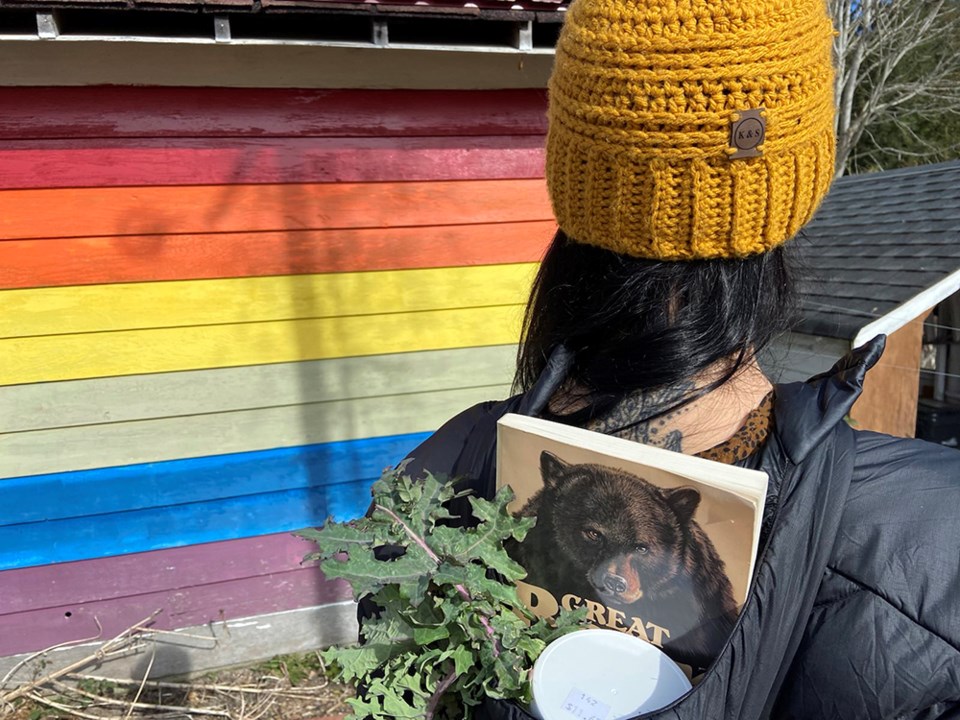With the best of intentions, even the most eco-savvy among us forget our reusable bag from time to time. Fear not, you may still have an easy, plastic-free alternative nearby – several, in fact.
We all know it; the convenient days of plastic checkout bags are nearly over. More and more single-use plastic bans are coming into play across BC. More than 23 municipalities, in fact, already have bans in place or in the works.
Federally, the Zero Plastic Waste strategy is leading to regulation changes that will spawn nationwide bans on at least six single-use plastic items. It’s clearly time to get into the good habit of living without single-use plastics.
As always, minimizing our footprint means consuming less. Studies on the environmental impact of using bags made of paper, plastic, cloth, or thicker woven plastics reveal surprising findings. Overall, it’s best to use a naturally woven basket or a durable bag made from repurposed materials such as ripped jeans or even rubber inner tubes from bike tires.
The bottom line is to avoid the extraction of more resources to make the bag you are going to use and also to use that bag as many times as you can.
Even if you don’t have the perfect bag or basket yet, you can get creative. Many times we aren’t travelling that far with our purchases and could simply carry them to our car or bike. Purses and pockets are pretty handy, too, but what most of us are neglecting is the biggest empty pocket of them all – the hoody!
Most of us have jackets with hoods just waiting for their chance to help us out during our next shop. Try it out and you may find yourself starting a new trend at the checkout; just remember to unload before you lean back and squish your avocados into a guacamole. For the less adventurous, stores often have sturdy used cardboard boxes available to load up your purchases in.
Garbage bags are also overly relied on. Pop one pokey piece of trash in a plastic bag and it strains into ripping.
Many curbside automated truck collection programs, including Powell River’s, do not require trash to be bagged. Instead, lining the bottom of the bin with soiled cardboard or newspaper soaks up liquids and prevents trash from sticking when tipped. So-called “compostable” plastic bags are not recommended as a replacement as they often end up misplaced in regular recycling, resulting in lowering the quality of recycled plastic, or placed in the city organics collection where, in many municipalities, they are not accepted.
Many of us use plastic checkout bags a second time at home to line our small household garbage bins. This is admirable, but it’s unlikely we’ll find a use for the 300-plus bags each householder will bring home each year. Some bins don’t need liners. Others might be able to make use of other bags you bring into your home, like large pet food or litter bags.
As we clean up our petroleum bag addiction, let’s stay awake to other areas where plastic may leak into the ocean of our life. While plastic bags are a particularly problematic item, getting stuck in recycling equipment and being mistaken for seaweed by marine life, single-use plastics in all forms are an unnecessary overindulgence of humanity. It’s time to think outside the plastic bag.
Let’s Talk Trash is qathet Regional District’s waste reduction education program. For more information, email [email protected].



